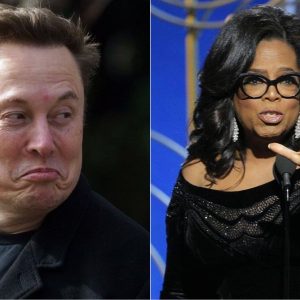Elon Musk is facing a significant challenge as Canada initiates a $43 billion economic shift that could jeopardize Tesla’s operations. This unexpected move comes as the Canadian government seeks to prioritize domestic and European markets, leaving Tesla scrambling for essential materials critical to its battery production.
 Tesla has heavily relied on Canada for vital resources, including lithium, nickel, and cobalt. These minerals are foundational to the company’s dominance in the electric vehicle (EV) sector. The recent policy change means Musk now confronts a logistical and financial dilemma that may hinder Tesla’s long-term aspirations.
Tesla has heavily relied on Canada for vital resources, including lithium, nickel, and cobalt. These minerals are foundational to the company’s dominance in the electric vehicle (EV) sector. The recent policy change means Musk now confronts a logistical and financial dilemma that may hinder Tesla’s long-term aspirations.
As the competition intensifies, particularly from Chinese automakers like BYD, Musk has already voiced concerns about supply chain disruptions and rising production costs. The prospect of sourcing materials from less favorable markets could lead to skyrocketing expenses, compelling Tesla to increase prices. Such a move may drive consumers toward competitors, especially as legacy automakers like Ford, General Motors, and Volkswagen expand their EV offerings with more diversified supply chains.
The ramifications of this situation extend beyond Tesla. Should the company falter, the entire U.S. clean energy sector could experience setbacks, delaying the transition to sustainable transportation and potentially bolstering China’s position in the global market.
Musk is already managing multiple ventures, including SpaceX and Neuralink, which may also feel the strain of Tesla’s challenges. He now faces a critical decision: negotiate a favorable arrangement with Canada to secure Tesla’s resource needs or invest in alternative supply chains, a process that could take years to establish.
As Tesla navigates this unprecedented crisis, it becomes clear that even the most powerful companies can be vulnerable to global political shifts. The coming months will be pivotal for Musk and Tesla as they seek to maintain their foothold in the rapidly evolving EV landscape.

